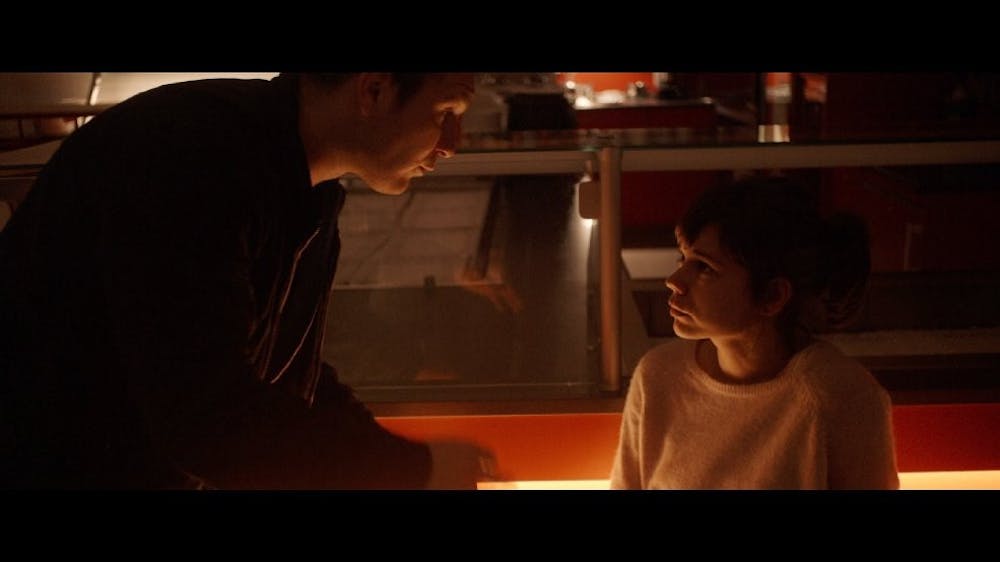Photo credit: IMDb
Given how intoxicating the description of Victoria, the latest from Sebastian Schipper, was on the Philadelphia Film Festival’s website, I was very surprised when my friend and I arrived at the Prince Theater to see absolutely nobody in line. This was just my first film festival, but aren’t there supposed to be lines around the block for these things?
Apparently not, though that didn’t stop the small crowd of us from generating considerable buzz in the lobby. One couple heard that it was all in German, and man in front of me opined, before having seen the film, that it was 30 minutes too long. Neither of these things are true. Victoria is a phenomenal film.
That impression starts with the production: this film is shot entirely in one shot. I don’t mean that in the Birdman way, where multiple takes were edited together to look like one long, gorgeous tracking shot; I mean the actors started the movie, acted through the script, and Sturla Brandth Grøvlen’s camera caught it all. The camera was a bit too shaky for my friend’s taste, but I thought it was fine and really allowed the emotions of the performance to shine through. The extremes of Laia Costa’s emotional range feel so much more real when you know that she’s had absolutely no time to prepare for the scene. She’s giving this her all, and it shows.
Costa plays Victoria, a Spaniard abroad in Berlin, who stumbles upon Sonne, Boxer, Blinker and Fuss, four German hooligans, while walking home from a club. They invite her to do some hoodrat shit: steal from a convenience store and drink on street corners and play cards on their roof. But then one of the characters gets a call and needs to pay off a debt, and the series of events that follows can only be described as “bonkers.”
It takes a while to get to the bonkers bit, but I’ve never seen a more realistic depiction of some standard cop/heist movie tropes, which I greatly appreciated. The action scenes are incredibly well done, the conversation is tense and gripping, and the conclusion is heartbreaking. It’s a simple story that won’t exactly teach you anything about the nature of the world (one of my big concerns about seeing an art house festival film was that I’d have to think too hard; this movie definitely doesn’t require that), but it is interesting to think about. Why do we know so little about Victoria? Why does a character owe a debt, and what got him into that situation? We’ll never know, but maybe that’s the point.

